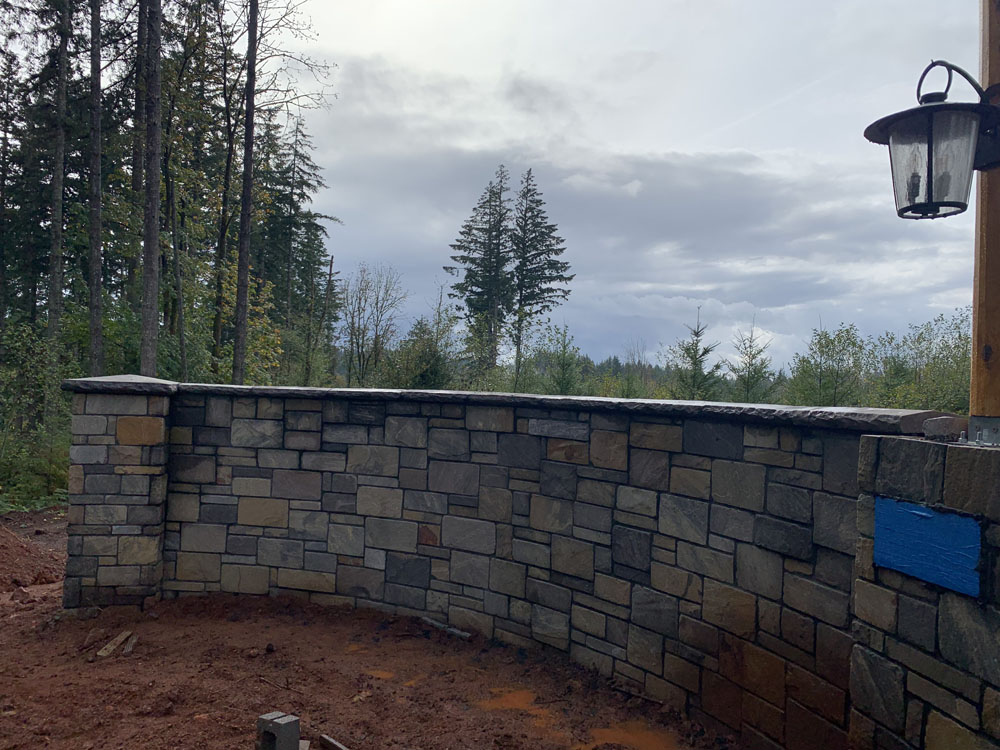Introduction
When it comes to the structural integrity of your home, few elements play as critical a role as the brickwork. Whether you reside in a quaint cottage or an opulent mansion, brickwork forms the backbone of your property's aesthetics and stability. The question often arises: how frequently should one assess their brickwork? This article aims to provide comprehensive insights, expert recommendations, and detailed guidance on this crucial subject. From understanding the signs of wear and tear to knowing when to call in professionals for masonry chimney repair, we'll cover it all.
Expert Recommendations on How Often to Assess Your Brickwork
To keep Masonry chimney repair your home safe and looking its best, experts recommend assessing your brickwork at least once a year. However, this simple guideline can vary based on several factors such as climate conditions, the age of your home, and even geographical location. Regular assessments can help catch issues like cracks or loose bricks before they escalate into costly repairs.
Factors Influencing Assessment Frequency
1. Climate Conditions
The weather plays a vital role in the longevity of brick structures. Homes in areas with heavy rain or extreme temperature fluctuations may require more frequent assessments compared to those in milder climates.
2. Age of Brickwork
Older homes naturally face more challenges with their brick structures. If your property is decades old, a biannual check-up is advisable.
3. Local Geographical Features
Regions prone to earthquakes or flooding will likely have unique stresses placed on their masonry, warranting more frequent inspections.
Understanding Common Brickwork Issues
1. Cracking
Cracks are perhaps the most common issue encountered in brickwork assessments. They often indicate underlying structural problems that need immediate attention.
Types of Cracks:
- Vertical Cracks: Often arise from settling. Horizontal Cracks: Can signal significant foundation issues.
2. Efflorescence
This white powdery substance can appear on bricks due to moisture seeping through walls. While it often doesn't require immediate repair, ignoring it could lead to larger problems.
3. Spalling Bricks
Spalling occurs when bricks begin to flake or chip away due to moisture exposure and freeze-thaw cycles.
How to Assess Your Brickwork: A Step-by-Step Guide
1. Visual Inspection
Begin with a thorough visual inspection both inside and outside your home:
- Look for cracks Check for loose or missing mortar
2. Touch Test
Gently tap bricks with a hammer:
- Listen for hollow sounds indicating potential spalling.
3. Moisture Check
Use a moisture meter:
- High readings can suggest underlying issues requiring professional attention.
The Role of Professional Inspections
While self-assessments are valuable, there's no substitute for professional insight, especially regarding masonry chimney repair and other specialized services.
When to Call an Expert?
- If you identify significant cracking If efflorescence persists despite efforts
Masonry Chimney Repair: A Key Component of Assessments
The chimney is often one of the most overlooked areas during brick inspections yet crucial for overall structure support and safety:
- Inspect chimney crowns Check flue liners for cracks Ensure flashing is intact
Regular assessments can preempt costly masonry chimney repairs by identifying issues early.

FAQs About Brickwork Assessment
1. How do I know if my brickwork needs urgent repair?
If you notice large cracks or gaps between bricks, it's time to consult a professional immediately.
2. Can I perform my own brick inspection?
Yes! A basic visual inspection can be done by homeowners; however, complex problems should be handled by experts.
3. What are the signs that my chimney needs repair?
Look out for signs like crumbling mortar joints or visible cracks in both bricks and flue liners.
4. Is efflorescence harmful?
While it's not usually dangerous itself, efflorescence suggests moisture intrusion that could lead to larger problems if left unchecked.
5. How often should I engage in professional assessments?
For older homes or those facing harsh environmental conditions, biannual professional inspections are recommended; otherwise, annual checks suffice.
6. What is the average cost of masonry repairs?
Costs can vary significantly based on location and extent of damage but expect anywhere from $500-$3000 depending on specific needs.
Conclusion
Assessing your brickwork might seem like an arduous task; however, maintaining its integrity is essential for safeguarding not just aesthetic charm but also structural stability and safety within your home environment. By following expert recommendations on how often to assess your brickwork—be it annually or more frequently—you could save yourself from expensive repairs down the line while ensuring the longevity of one of your most significant investments: your home.
Incorporating regular checks into your maintenance routine will yield rewards far beyond mere peace of mind; you'll be investing in enduring luxury where every brick echoes fireplace masonry expert confidence in craftsmanship and care!